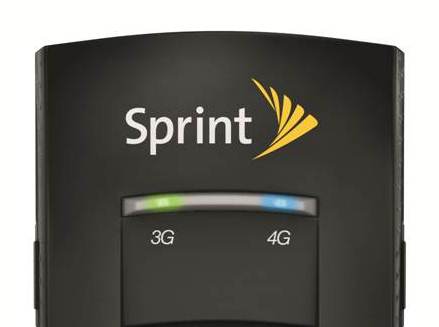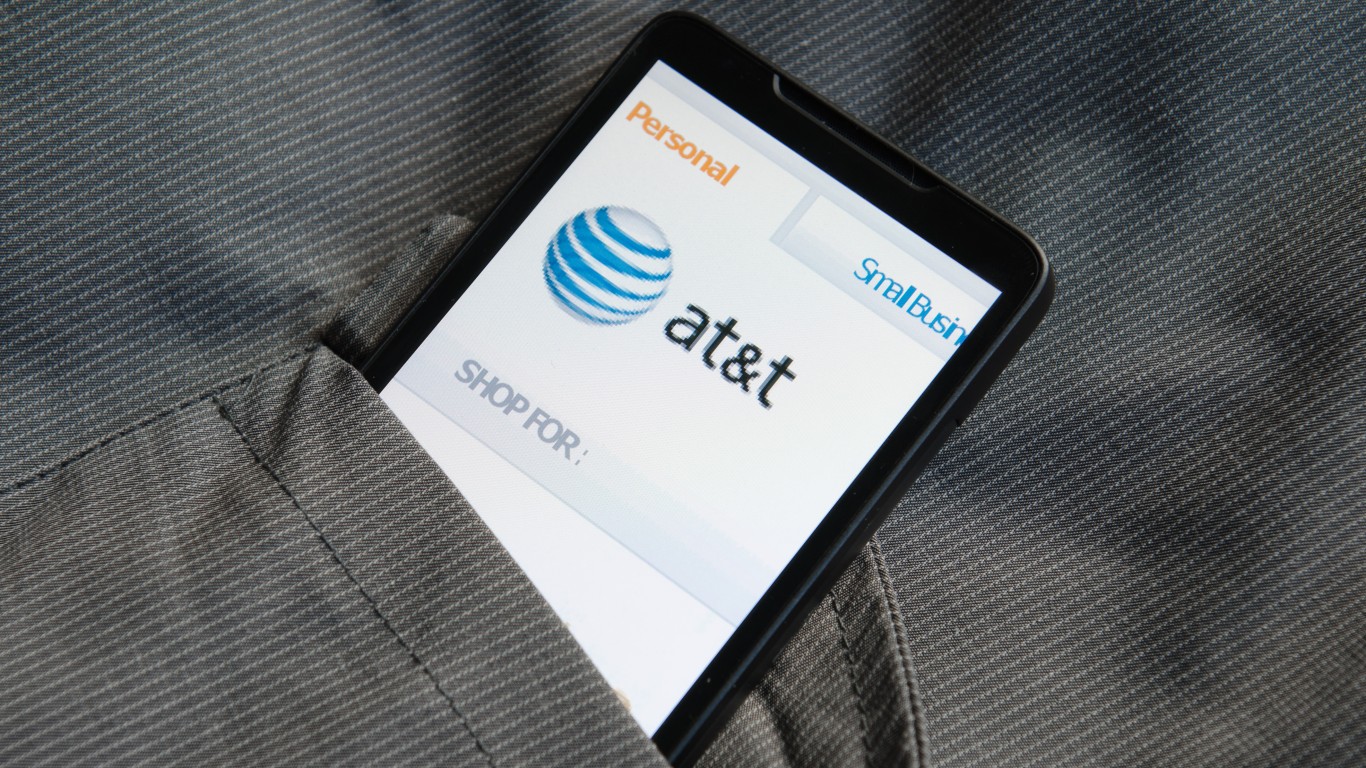
Source: courtesy of Sprint Corp.
The offer from Dish is more than $5 billion higher than the Softbank offer, including about $0.73 more per Sprint share in cash. Sprint shareholders will also get a bigger stake in the resulting company than they will get in the Softbank deal. No contest there.
Why is Sprint worth $5 billion more to Dish than it is to Softbank? The answer is reasonably simple: spectrum. Sprint holds the key to 133 MHz of wireless spectrum owned by Clearwire Corp. (NASDAQ: CLWR). Combined with Sprint’s own spectrum holdings the company holds the rights to 184 MHz of wireless spectrum, more than AT&T Inc. (NYSE: T) — 77 MHz — and Verizon Communications Inc. (NYSE: VZ) — 83 MHz — combined.
Dish has been searching for and investing in terrestrial spectrum for some time now as it tries to expand beyond its satellite pay-TV roots. Dish has already offered to buy about a quarter of Clearwire’s spectrum for $2.2 billion, but the company said it will pull its offer if Sprint takes today’s deal.
Softbank appreciates the value of that wireless spectrum as well, and the company already uses a WiMax technology similar to Clearwire’s for its own wireless network in Japan.
For U.S. customers, which is the better deal? Under Softbank, Sprint is more likely to remain in no better than third place among U.S. wireless carriers. If the proposed acquisition of MetroPCS Communications Inc. (NYSE: PCS) by T-Mobile USA is completed, Sprint will like drop to fourth place as measured by subscriber counts. That will make it more expensive for Sprint to operate and it will have to market its services aggressively to gain new subscribers. That will likely mean lower prices and that would be good for wireless customers.
The Dish offer is based on a desire by Dish and its chairman, Charlie Ergen, to offer a bundled package of home and mobile video, voice service, and broadband service. That would make Dish more competitive with both AT&T and Verizon, which might also enhance competition and lower prices for wireless customers. With three competing services at this scale, prices may be held in check as the two big guys are forced to counter Dish’s offering with one of their own.
Dish has made a better offer from a shareholder’s point of view and, potentially at least, from a customer’s point of view. Softbank, with a market cap of around $47 billion (nearly three times that of Dish), has deep pockets but at some point there is a bottom to those pockets.
Softbank has not articulated anything like the vision that Dish and Ergen have for Sprint. Under Softbank, Sprint is likely to remain just another also-ran in the wireless wars. Dish offers the promise of something a lot bigger.
Sponsored: Find a Qualified Financial Advisor
Finding a qualified financial advisor doesn’t have to be hard. SmartAsset’s free tool matches you with up to 3 fiduciary financial advisors in your area in 5 minutes. Each advisor has been vetted by SmartAsset and is held to a fiduciary standard to act in your best interests. If you’re ready to be matched with local advisors that can help you achieve your financial goals, get started now.
Thank you for reading! Have some feedback for us?
Contact the 24/7 Wall St. editorial team.



